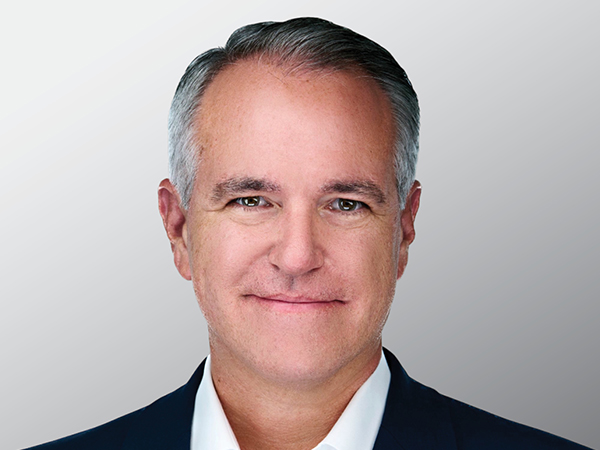The pandemic has accelerated the development of mRNA vaccines, which could have significant implications for cancer research, said Danny Milner, chief medical officer of the American Society for Clinical Pathology, and adjunct associate professor of immunology and infectious diseases in the Department of Immunology and Infectious Diseases at the Harvard T.H. Chan School of Public Health.
“If you say, this is an experimental vaccine we’ve never given to any other human ever, then you’re like, ‘Well, maybe I don’t want that, maybe I’ll want to try some other therapy,’ but if this is the same technology we gave to 3.5 billion people and saved millions of lives in COVID, it’s just a different protein than you have in your cancer, maybe the dialogue will be much better for the patient to accept it,” Milner said to The Cancer Letter.
If your institution has a site license, log in with IP-login or register for a sponsored account.*
*Not all site licenses are enrolled in sponsored accounts.
Login Subscribe










